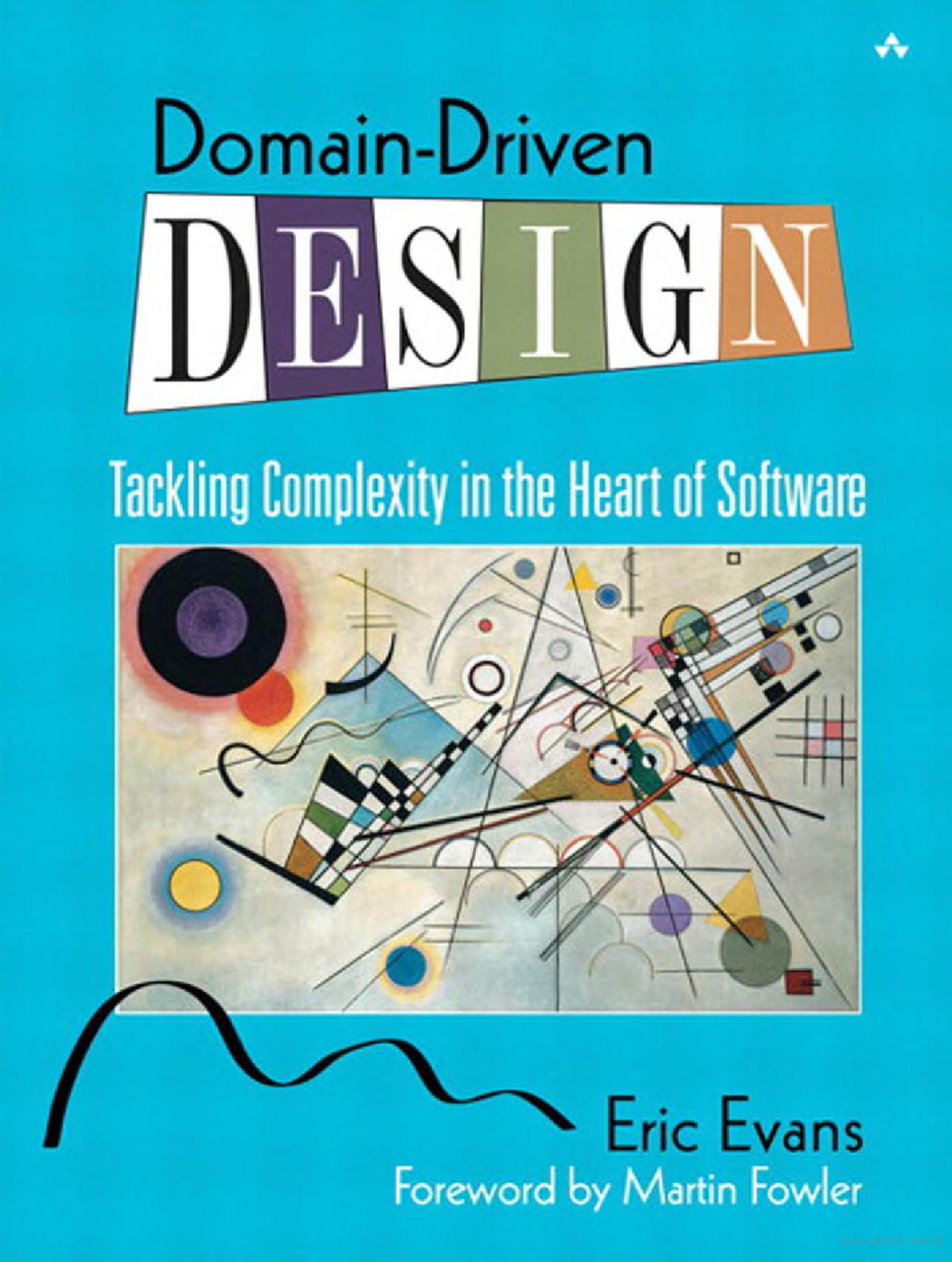Back Cover Text
The software development community widely acknowledges that domain modeling is central to software design. Through domain models, software developers are able to express rich functionality and translate it into a software implementation that truly serves the needs of its users. But despite its obvious importance, there are few practical resources that explain how to incorporate effective domain modeling into the software development process.
Domain-Driven Design fills that need. This is not a book about specific technologies. It offers readers a systematic approach to domain-driven design, presenting an extensive set of design best practices, experience-based techniques, and fundamental principles that facilitate the development of software projects facing complex domains. Intertwining design and development practice, this book incorporates numerous examples based on actual projects to illustrate the application of domain-driven design to real-world software development.
Readers learn how to use a domain model to make a complex development effort more focused and dynamic. A core of best practices and standard patterns provides a common language for the development team. A shift in emphasis—refactoring not just the code but the model underlying the code—in combination with the frequent iterations of Agile development leads to deeper insight into domains and enhanced communication between domain expert and programmer. Domain-Driven Design then builds on this foundation, and addresses modeling and design for complex systems and larger organizations.
Specific topics covered include:
- Getting all team members to speak the same language
- Connecting model and implementation more deeply
- Sharpening key distinctions in a model
- Managing the lifecycle of a domain object
- Writing domain code that is safe to combine in elaborate ways
- Making complex code obvious and predictable
- Formulating a domain vision statement
- Distilling the core of a complex domain
- Digging out implicit concepts needed in the model
- Applying analysis patterns
- Relating design patterns to the model
- Maintaining model integrity in a large system
- Dealing with coexisting models on the same project
- Organizing systems with large-scale structures
- Recognizing and responding to modeling breakthroughs
With this book in hand, object-oriented developers, system analysts, and designers will have the guidance they need to organize and focus their work, create rich and useful domain models, and leverage those models into quality, long-lasting software implementations.

I got you, fam(ily). It has a real smooth, simple ring to it. ;)